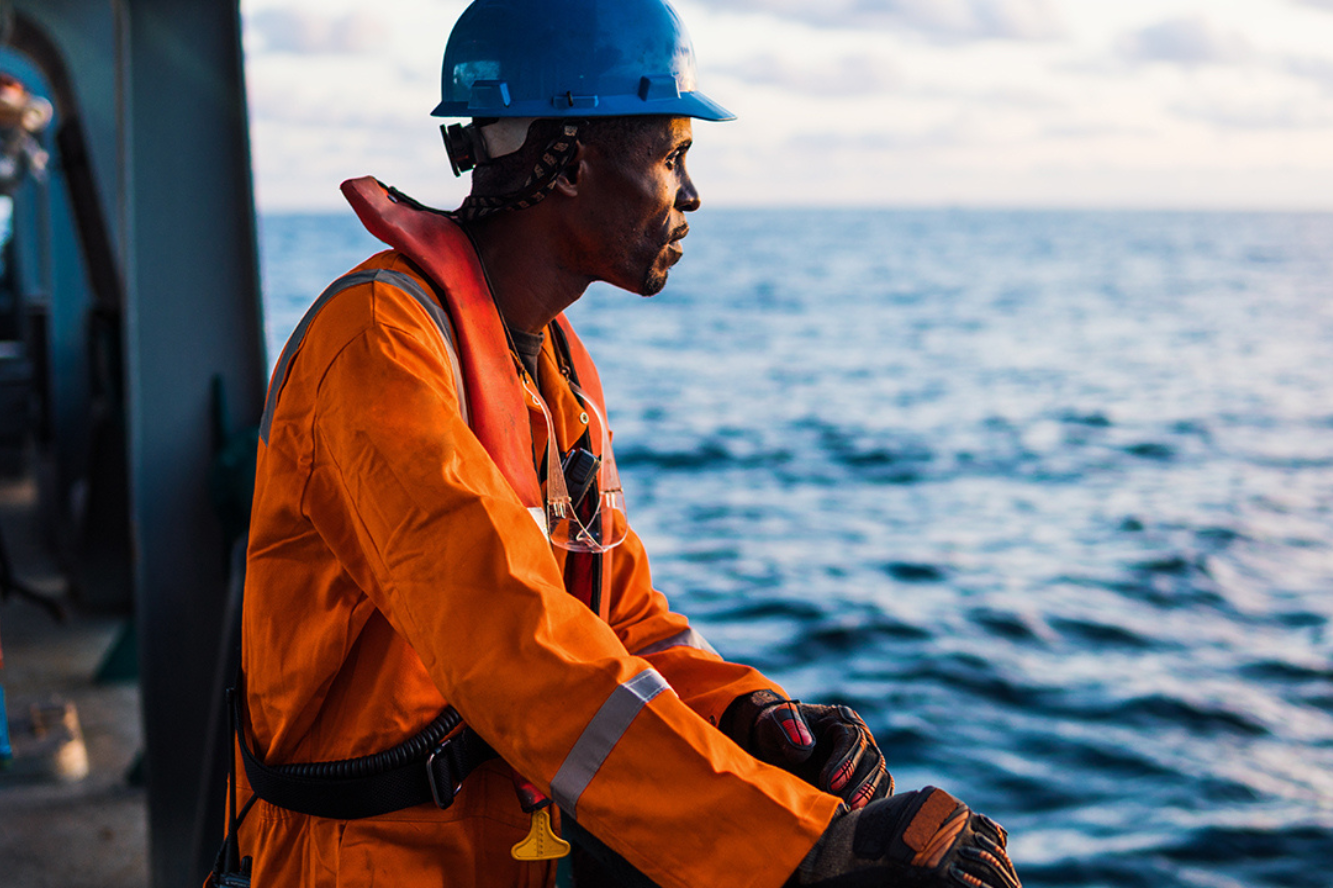Issues such as illegal recruitment fees are negatively impacting the lives and wellbeing of seafarers and jeopardising the profession’s future, according to the latest annual progress report on seafarers’ rights.
The Delivering on Seafarers’ Rights Annual Progress Report, published by the Institute for Human Rights and Business (IHRB) and the Sustainable Shipping Initiative (SSI), is a comprehensive review of the challenges facing seafarers, the shipping industry’s efforts to address challenges, and recommendations for 2024.
The report covers topics including: attracting people to a seafaring career, illegal recruitment fees, corporate action on improving seafarer welfare, as well as an update on data from the RightShip Crew Welfare Self-Assessment Tool.
These issues significantly impact the lives and wellbeing of seafarers worldwide, making it even harder to attract the talent the industry needs. The impact of welfare on recruitment and retention is a huge concern for shipping's wider viability and sustainability. The prevalence of illegal recruitment fees poses a severe threat, exploiting seafarers, their families and communities, and undermining their rights.
Despites these issues, there has been progress. Leading shipping companies and charterers are working on a range of initiatives to enhance seafarer welfare, to improve standards and diversity on their ships and within their supply chains. Such efforts play a pivotal role in fostering a supportive and conducive environment for those working at sea, acknowledging their fundamental rights and basic needs.
The number of companies using the RightShip Crew Welfare Self-Assessment Tool has increased in 2023, signalling a commitment to monitoring and improving industry standards, and emphasising the importance of continuously evaluating and advancing the conditions and treatment of seafarers aboard vessels.
Download the report
This second Delivering on Seafarers’ Rights Annual Progress Report is vital reading for all in the industry. There is progress we can learn from, such as the ideas, innovation, and energy of companies who are investing and making sure their people and social needs are to the fore. However, it is clear that there is so much more to be done. We need to take these lessons and ensure they are not simply the domain of the good companies, we need to make sure there is no place for the bad to operate.
- Steven Jones, CEO of the Sustainable Shipping Initiative
We know the Maritime Labour Convention isn’t enough to prevent seafarers’ rights being undermined. Charterers and container cargo owners should encourage their shipping suppliers to comply with the Seafarers’ Rights Code of Conduct and use the self-assessment tool to improve their performance. This report is a positive sign that uptake of the Code of Conduct is increasing, but verification and transparency around compliance are the critical goals now.
- Frances House, Special Advisor at IHRB
The report shares insights from various organisations and stakeholder groups on the issues facing seafarers, as outlined in the Delivering on Seafarers’ Rights Code of Conduct, and brings together contributions from the International Seafarers Welfare and Assistance Network (ISWAN), Nautilus International, Oldendorff Carriers, Rio Tinto, RightShip, and Turtle.
For more information, interviews or comment please contact Elizabeth Petit, Sustainable Shipping Initiative ([email protected]) or Sam Simmons, IHRB ([email protected]).
In 2021, IHRB, together with the Sustainable Shipping Initiative and the Rafto Foundation for Human Rights, published the Delivering on Seafarers’ Rights Code of Conduct. The Code of Conduct, accompanied by a self-assessment questionnaire that is hosted on the RightShip support platform, is intended to provide a guide for shipowners and operators to improve their performance against the Code of Conduct.



